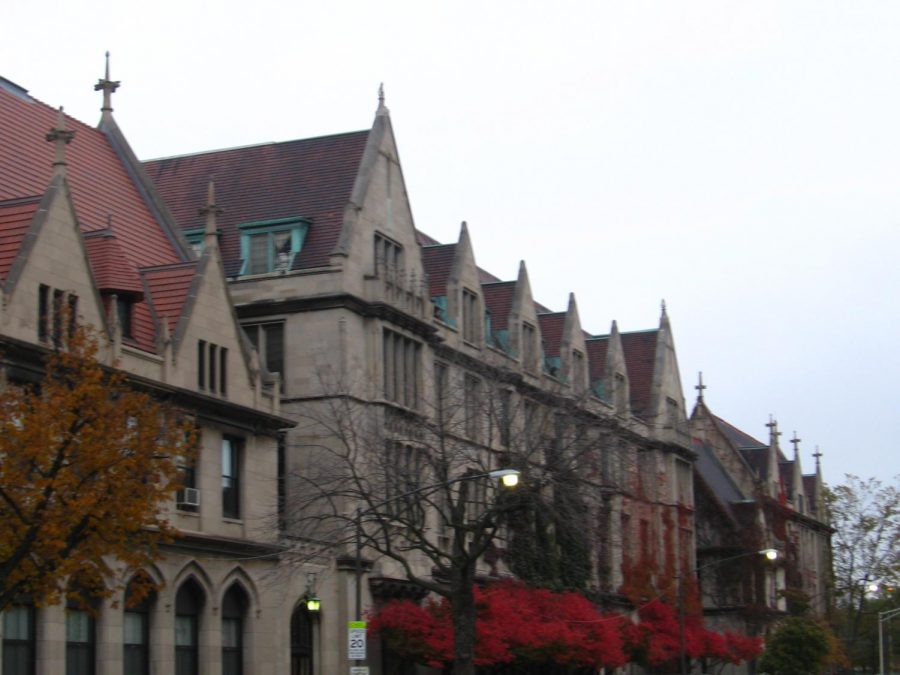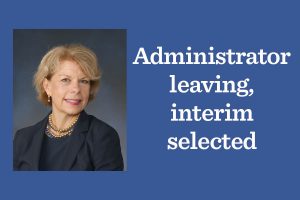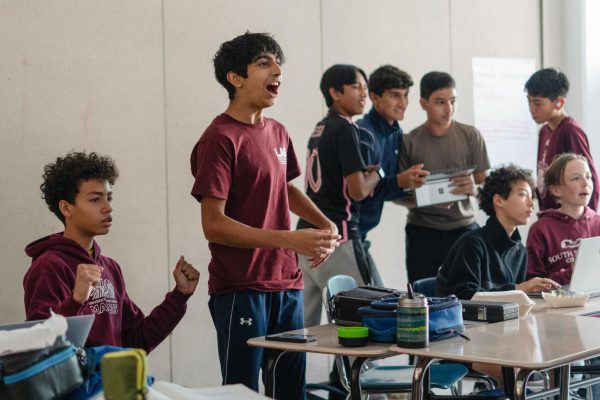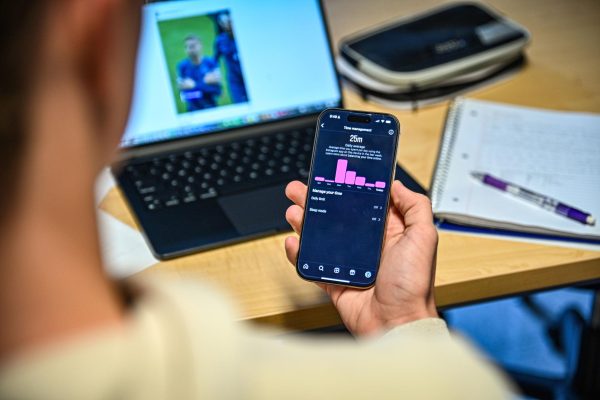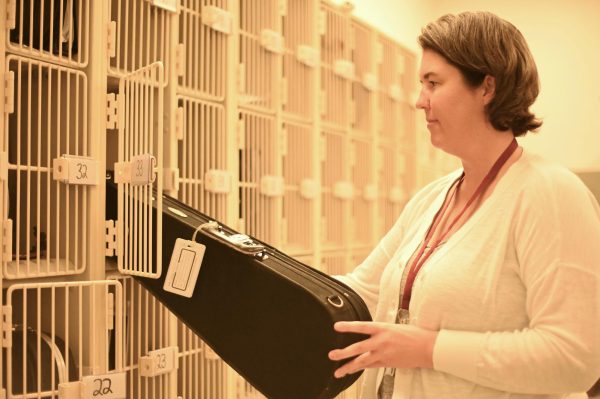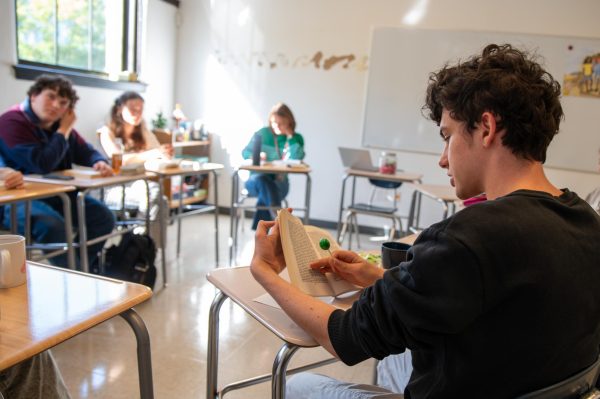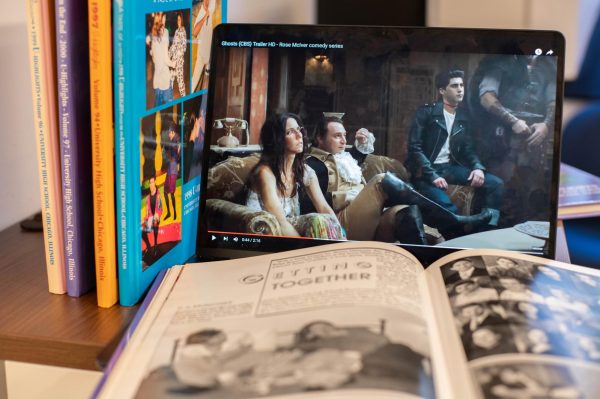Additional costs, plummeting endowment will leave multi-year financial impact on Lab
Whenever someone enters one of the Laboratory Schools buildings to pick up something out of a classroom, they have to be escorted by security personnel. And when they leave, custodial crews clean up everywhere they went and everything they touched.
“We’ve always invested a lot in cleaning, but we’re estimating to pay a lot more now,” Carol Rubin, the Associate Director until May 1, said.
At an estimated additional $9,000 a month, cleaning for all buildings is just one substantial additional cost facing Lab during the coronavirus pandemic, according to Director of Finance Brian Lipinski. Lost revenue, a substantial hit to the endowment, an estimated $20,000 of additional monthly expenses and only modest savings have combined to create what is shaping up to be a multi-year financial impact on the school.
According to Mr. Lipinski, another area with substantial increases in cost is technology.
“We don’t know exactly how much extra we will have to pay for the new technology since we pay annually determined fees to the university, but we expect the rate to go up significantly,” Mr. Lipinski said. “The price of technology will keep going up next year as teachers need more programs for their curriculums.”
Expenses for some canceled field trips and retreats, for which Lab had already put down payments, will not be refunded.
“It is a possibility that we will be able to use this year’s down payments for the following retreats, but for now it’s lost money which we need,” former Director Charlie Abelmann said in an interview in early May.
The school is also still paying its security guards and cafeteria staff. An increase in security presence is costing Lab an estimated additional $4,000 a month, according to Mr. Lipinski.
The administration said it would make every effort to continue to run Lab’s programs as in the past, and make necessary changes in a thoughtful way, according to Interim Associate Director Brian Hewlett.
“For this semester we will honor our commitment to pay our workers,” Mr. Hewlett said, “but depending on our situation, it’s possible that we reconsider next year. There’s a lot of unknown.”
While Lab will not discount or refund tuition, it will still lose out on donations.
“We are not far enough in where we know how much we’ve lost in terms of donations, but we are no longer soliciting, so it would be reasonable to assume that there will be a drop,” Dr. Abelmann said.
Lab has also lost a major revenue source through the cancellation of family life programs such as extended day and Summer Lab, which generate additional revenue to support the school. In-person summer programs were canceled, and virtual options will not be offered.
There will be modest savings, but they will not come close to covering costs, according to Ms. Rubin. Lab will save on buses, field trips, travel expenses, food, substitute teachers, chaperones and event costs.
Lab does not qualify for the federal government’s Paycheck Protection Program, since the program is only for businesses with less than 500 employees.
To conserve money, Lab deactivated most employee-held credit cards and is limiting school funds for essential purchases listed by department heads.
The biggest expense includes faculty salaries, which Lab is contractually obligated to maintain due to the collective bargaining agreement with the Faculty Association.
FA President Jim Catlett, a U-High science teacher, said there was no clause in the union contract that would allow Lab to freeze salaries as the university has done for many of its other employees.
“President [Robert] Zimmer made it clear that we would honor all contracts, so that’s both teachers and coaches,” Ms. Rubin said. “One place where we could freeze wages is for full-time employees, or staff, who are paid hourly.”
Although funds from Lab’s $26 million endowment, an important source of financial aid, are expected to have taken a large hit, Lab isn’t planning on reducing aid given for the 2020-21 school year, according to Mr. Hewlett.
Even if Lab returns to in-person learning in September, Mr. Hewlett said this crisis is likely to leave a long-term financial impact on the school.
He said, “We’re working with university consultants to plan for the future, and I think we’re looking at a multi-year recovery period.”
This article was updated on May 12 to clarify a statement from Interim Director Brian Hewlett about paying employees.




